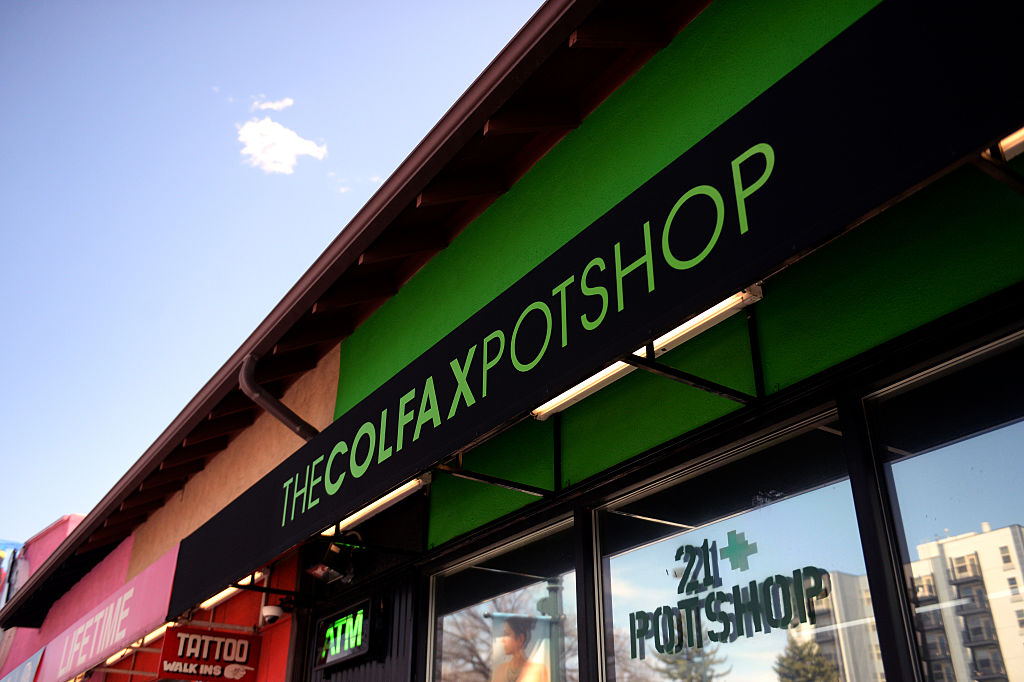Recreational marijuana stores in Denver, Colo., raised local home values by an average of US$27,000 ($33,600), in the immediate area after legalization, a study found.

The study’s authors drew circles a tenth of a mile (160 metres) wide around each of 103 medical marijuana stores in Denver which started to sell recreational pot after legalization. They then compared prices of houses that fell inside the circles to those outside.
“It’s really localized,” says University of Wisconsin business professor Moussa Diop, one of the study’s authors. “You are talking right around the area where the store is located.”
Houses near legal marijuana stores increased in value by about eight per cent compared to those that weren’t, they found. The houses inside and outside the circles were otherwise quite similar.
What’s less clear is why the effect exists — the authors called it “an open puzzle that we leave for future research.”

- Life in the forest: How Stanley Park’s longest resident survived a changing landscape
- ‘Love at first sight’: Snow leopard at Toronto Zoo pregnant for 1st time
- Carbon rebate labelling in bank deposits fuelling confusion, minister says
- Buzz kill? Gen Z less interested in coffee than older Canadians, survey shows
However, they floated some possibilities. One was simply that people with marijuana-sector jobs wanted to live near their work. Some 18,000 legal marijuana-related jobs were created in Colorado in 2015, though it’s not clear how many illegal jobs this displaced.
Another is that for some homebuyers, living near marijuana retail is seen as an amenity worth paying extra for, like good schools or transit.
Many Denver marijuana stores opened in areas with low real estate prices, and the stores may have raised home prices simply by introducing some activity, he says.
The authors also pointed out that an expected rise in crime in Colorado after legalization never materialized; crime rates fell instead.
A separate 2017 study showed that grey-market dispensaries in Los Angeles seemed to lower local crime rates due to increased foot traffic in neighbourhoods that hadn’t had much retail, attracting customers seemed to reduce crime. When police closed the dispensaries, local crime rates rose.
“It could be that the police are just paying more attention to these areas,” Diop says. “If they are more present, more crime may take place.”
However, the effect may simply have had to do with the fact that the dispensaries attracted customers and “eyes on the street,” and that any successful retail operation would have had a similar influence. They also found that closing a restaurant temporarily for health code violations also led to a local bump in crime rates.
(Whether this effect would be seen in pre-legalization Canada, where grey-market dispensaries are often the target of violent robberies, is another question.)
Diop would like to learn more about how the dynamic works.
“You want to dig a little but deeper. Who are these people who are buying? And who are these people who are selling? Where are these people coming from?”




Comments